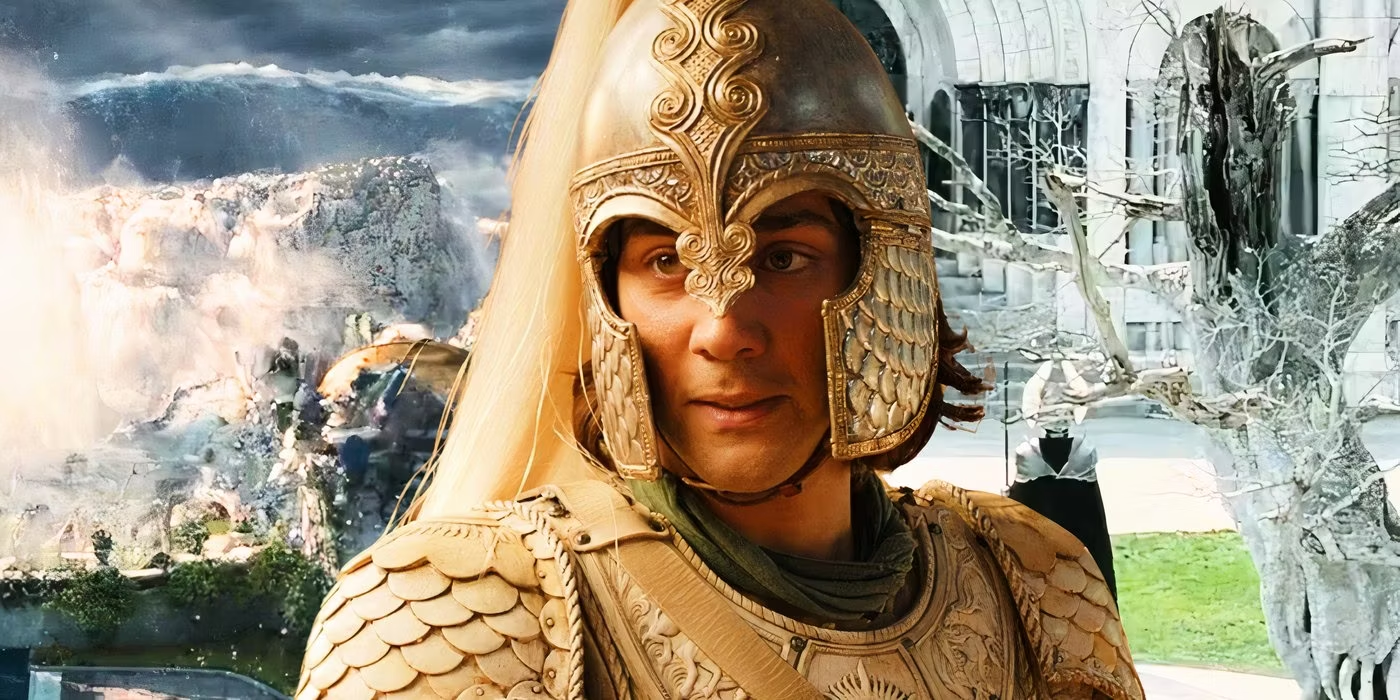
Despite being an entirely new location for on-screen adaptations of Tolkien’s work, diligent fans of The Lord of the Rings may have noticed a few familiar sights, such as a White Tree. The tree featured within Numenor bears a striking resemblance to Nimloth, shown in Minas Tirith in The Lord of the Rings: The Return of the King. However, while viewers only familiar with The Lord of the Rings movies may have found this detail surprising, those familiar with Tolkien’s literary work did not. There’s a simple explantion why Numenor looks like Minas Tirith — Gondor was founded by the island’s refugees after Numenor was destroyed.
How Numenor & Gondor Are Connected
The Last Survivors Of Numenor Built Minas Tirith
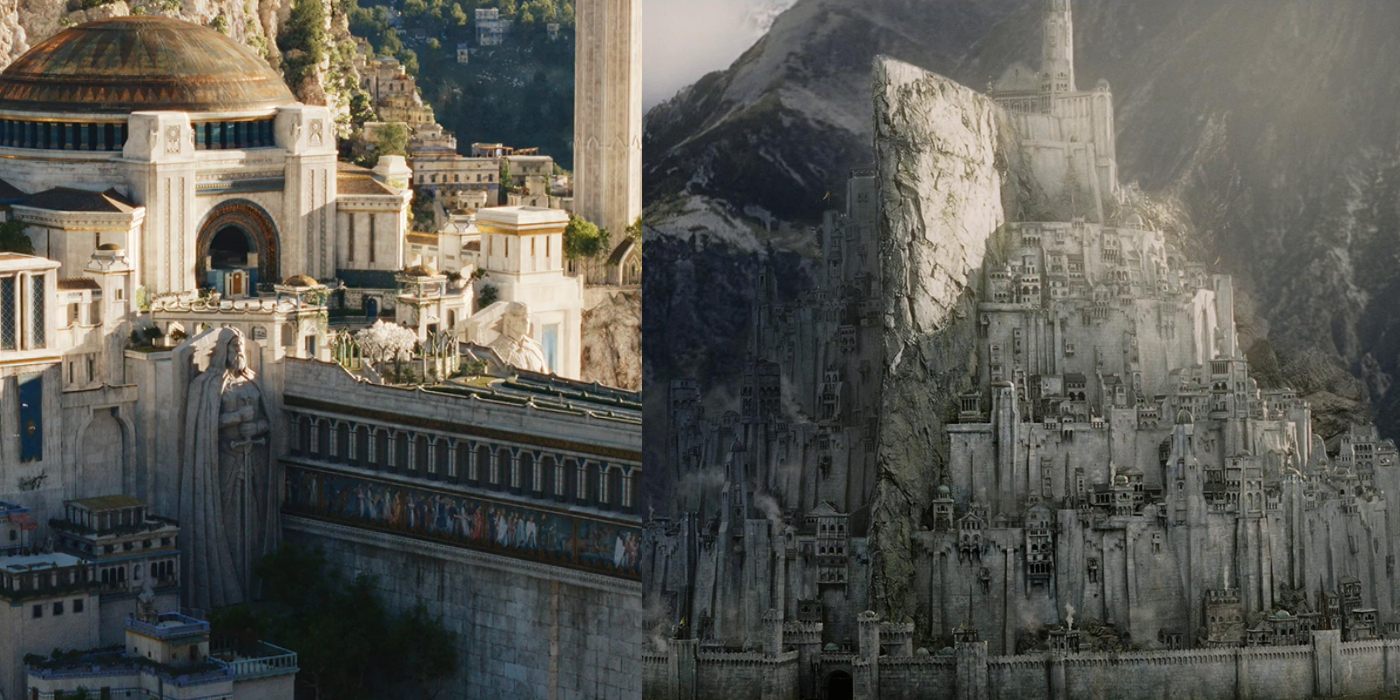
The similarity between Numenor and Minas Tirith isn’t a coincidence. Even Numenor doesn’t appear in Tolkien’s The Lord of the Rings trilogy, he still provided a rich backstory for the island kingdom. Tolkien’s world-building has long been unmatched, and the history, culture, and geography of Numenor are all provided for in The Lord of the Rings‘ appendices, as well as in The Silmarillion and Unfinished Tales.
The founding king of Numenor was Elrond’s brother, Elros, who chose to live among mortal men rather than the elves. In fact, a majority of Numenoreans are descendants of Elros, many with half-elven DNA such as Aragorn. Despite playing a huge role in the lore of Middle Earth, Numenor never appears in Tolkiens The Lord of the Rings or Peter Jackson’s adaptations due to the fact that it was destroyed in the Second-Age as punishment by Eru Iluvatar for Numenorians breaking the Ban of the Valar.
Despite the catastrophe killing most Numenoreans, those who were regarded as the Faithful, loyal to Valar and the Elves, managed to escape. Elendil and his sons, Isildur and Anarion led the Faithful onto nine ships, taking with them a part of the tree which would later become Nimloth and Narsil. As the ships sailed towards Middle-earth, Elendil became separated from Isildur and Anarion, whose ships were bound south. Upon arrival on Middle Earth, Elendil united the colonists from his ships with the Middle Men of the land, where two kingdoms were established: Gondor and Arnor, the Realms in Exile.
Minas Tirith was built by the Numenoreans following their downfall, as well as Osgiliath, Minas Morgul and Annuminas. Ultimately, this explains how Nimloth came to be in Minas Tirith, as well as provides an explanation as to why Numenor’s architecture bears so much resemblance to Gondor’s in The Lord of the Rings: The Rings of Power.
How The Similarities Between Numenor And Minas Tirith Play Into The Franchise
Numenor’s Architecture Foreshadows Disaster To Come

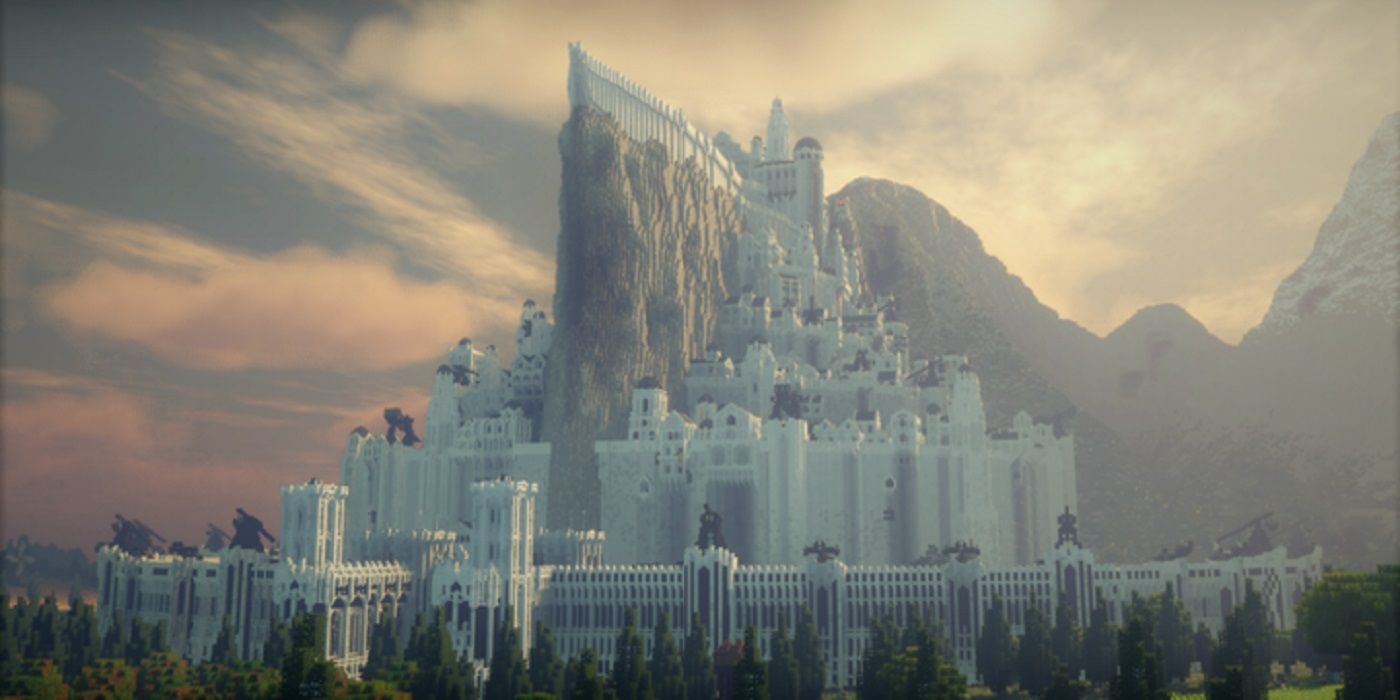
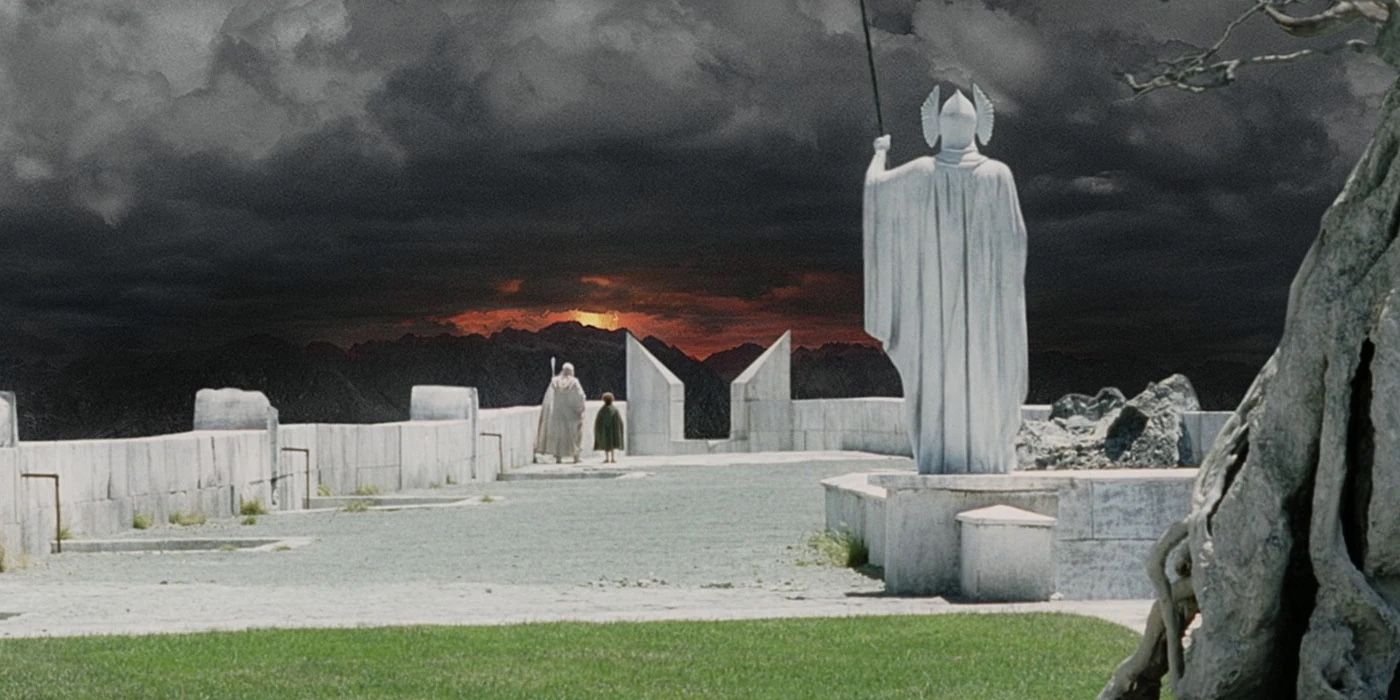
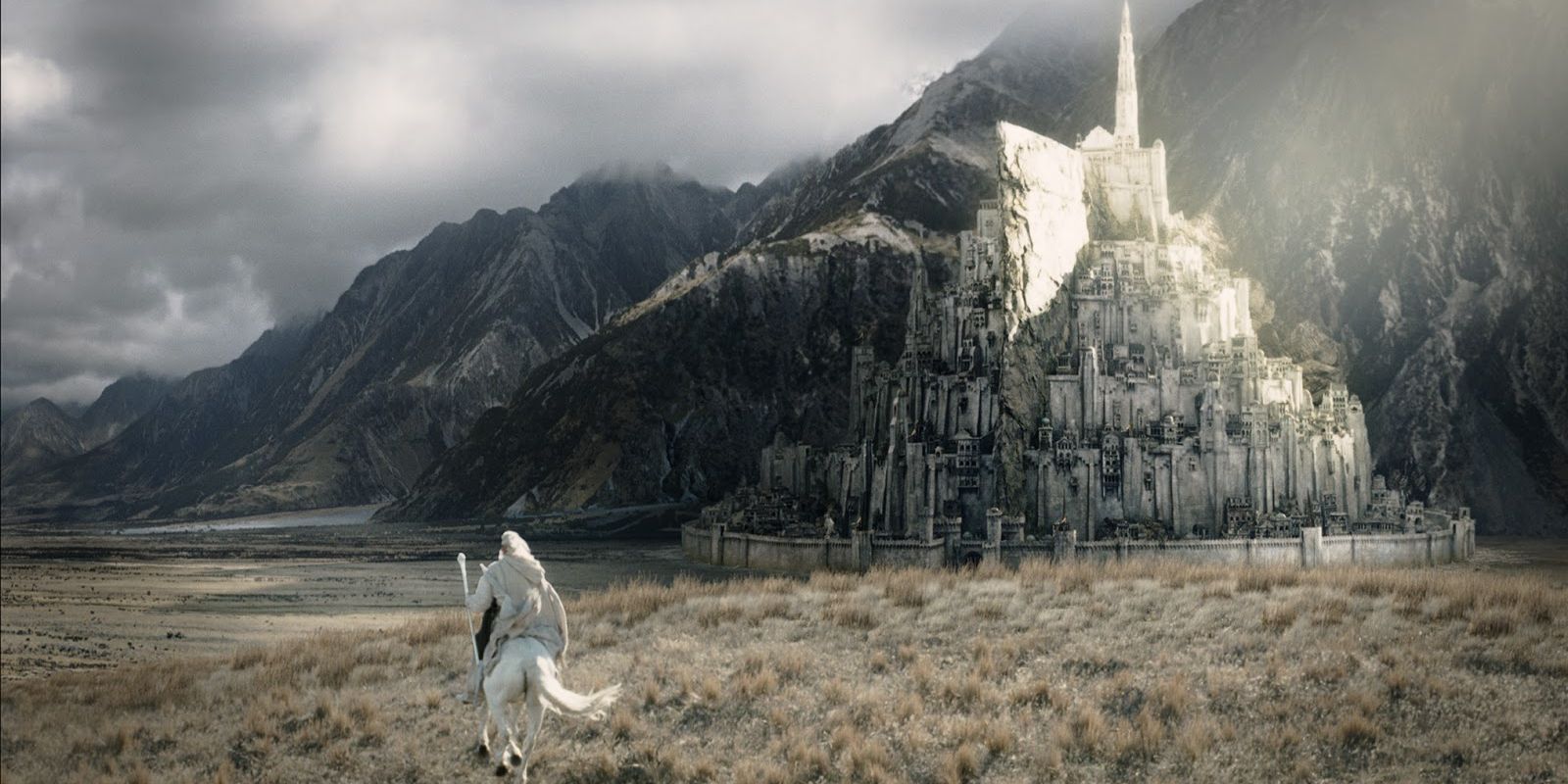




Like most aspects of The Lord of the Rings: The Rings of Power, the similarities between Numenor and Minas Tirith in The Lord of the Rings movies share one key purpose — foreshadowing. As a prequel, many of the events and places in Rings of Power are positioned as reminders to the audience. Unlike the characters in the show, viewers know that, while Sauron’s quest will ultimately fail, there’s much doom and darkness on the horizon for the peoples of Middle-earth.
For no location in The Rings of Power is this truer than Numenor, however. While the Southlands becoming Mordor was certainly a tragic upheaval for those dwelling there, Numenor is destined for ruin. Before the show has ended, Numenor will be destroyed, with its only remnants by the time of the Third Age and the events of The Lord of the Rings trilogy being the architectural legacy it leaves in Minas Tirith and Gondor.
The visual design of Numenor in The Rings of Power being so similar to Minas Tirith in The Lord of the Rings serves as a constant reminder of what’s to come for the Numenoreans, and also helps tie Amazon’s prequel series into the story of the movie trilogy. Every similarity reinforces the point that the Numenoreans viewers see in The Rings of Power are the ancestors of the inhabitants of Gondor in The Lord of the Rings.
Why The Locations Of Numenor And Minas Tirith Share So Much
Numenor Was A Highpoint Of Human Culture



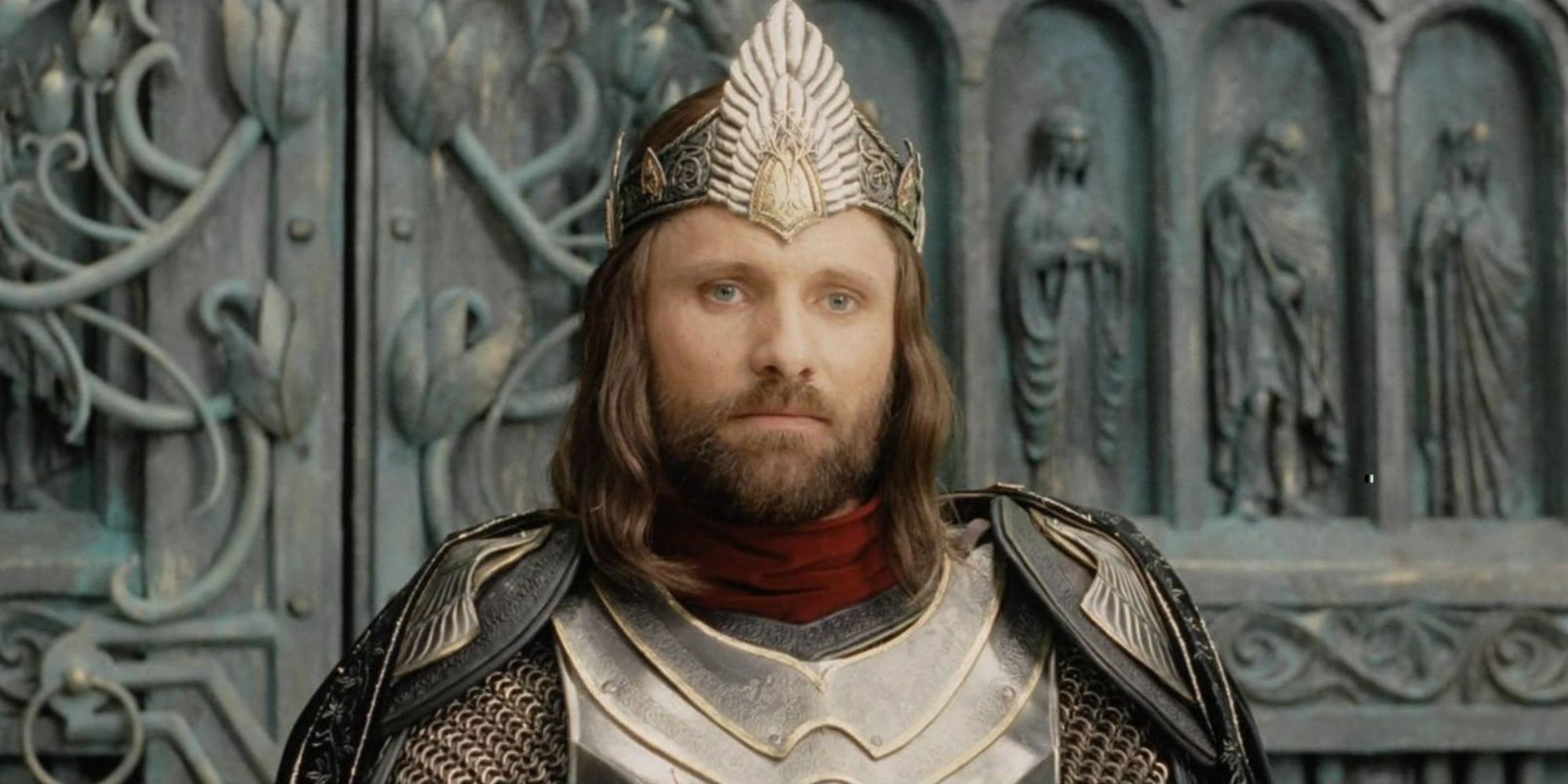






The Rings of Power takes place thousands of years before the events of The Lord of the Rings, so many viewers have also wondered why Minas Tirith still looks so similar to Numenor. This is a reasonable question. To make comparisons to the real world, Minas Tirith having similar architecture to Numenor would be like modern-day Cairo still being architecturally indistinguishable from the days of the Pharaohs and the great pyramids. However, Middle-earth isn’t the real world, and there are reasons humanity hasn’t evolved much architecturally between the time of Numenor and the Third Age, when Aragorn claims his rightful place as the kind of Gondor.
Minas Tirith was constructed by the surviving Numenoreans shortly after they arrived at the Middle-earth mainland following the destruction of their island home. In the time since, human culture on Middle-earth entered a period of stagnation, especially when it came to architecture. Middle-earth humanity simply didn’t undergo the same process of continual progress that has been seen in the real world. For the people of Gondor, Numenor also exists in their culture as a legendary, semi-mystical time when the entire race of men were elevated. This means the people of Minas Tirith are loathed to release anything left by the Numenoreans, including architecturally.
A final point to consider too – Gondor was, throughout almost all of its existence, faced with Orc raiding parties from Mordor (as well as other threats). This left very little time to strip Minas Tirith down to its foundations and rebuild it. The Lord of the Rings: The Rings of Power is showing a period of significant change for humanity in MIddle-earth, but the process slows significantly between the end of Amazon’s prequel and the events of The Lord of the Rings, which is why Minas Tirith resembles Numenor so heavily.




